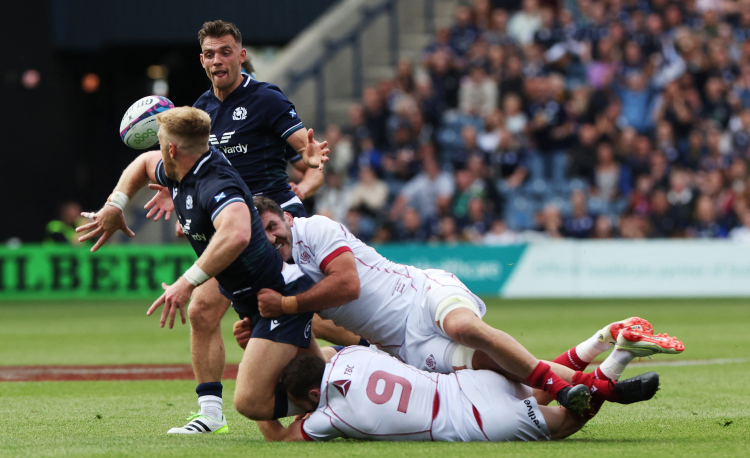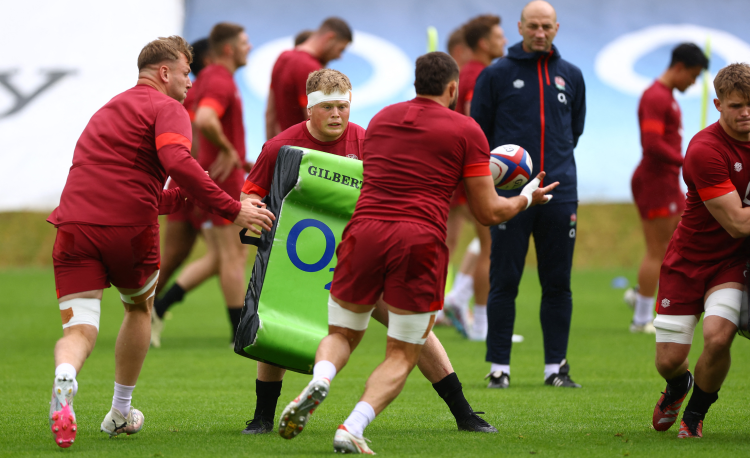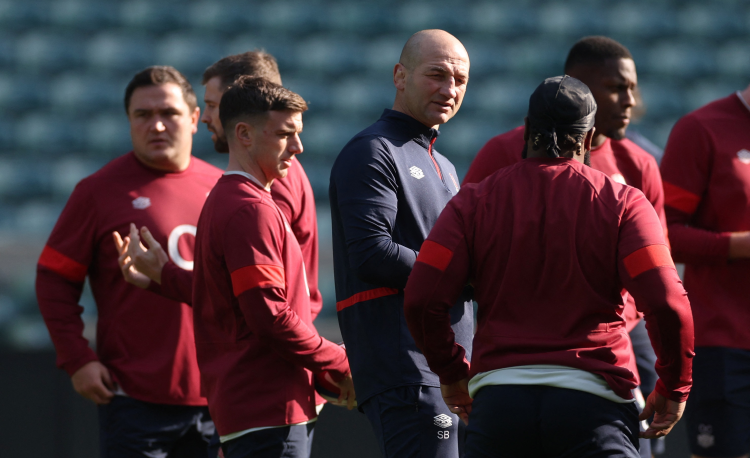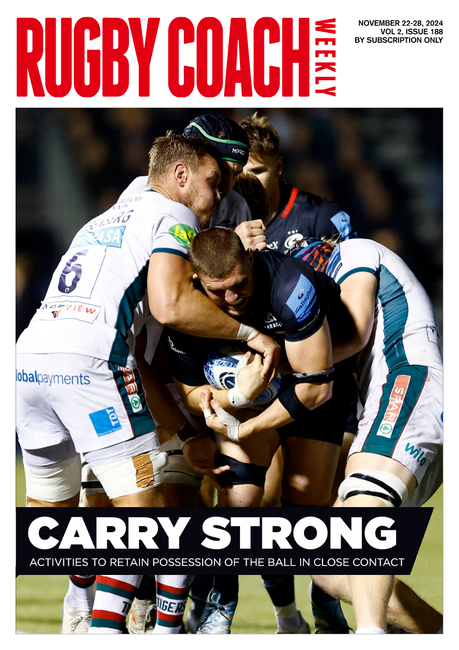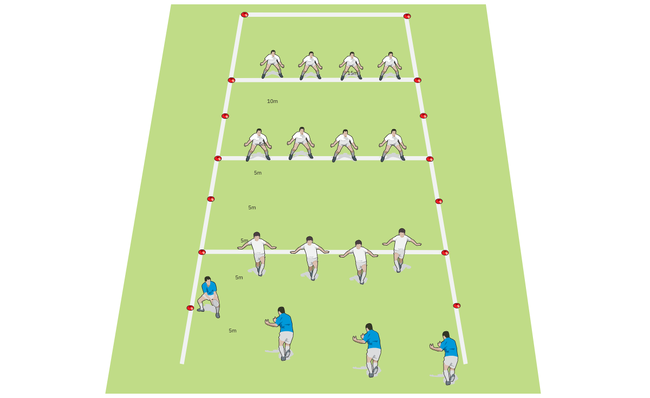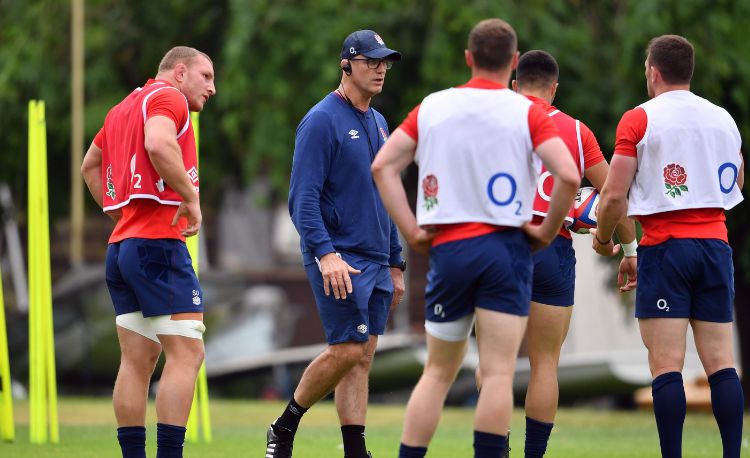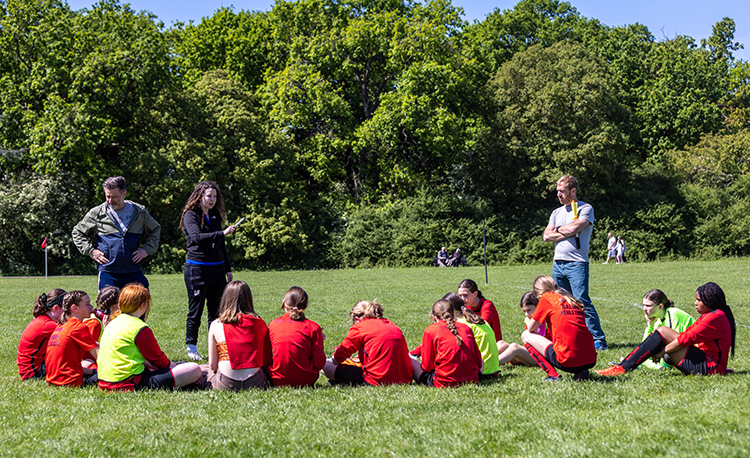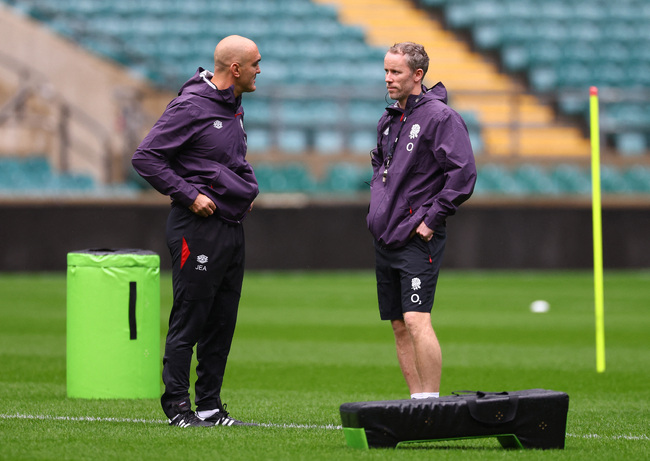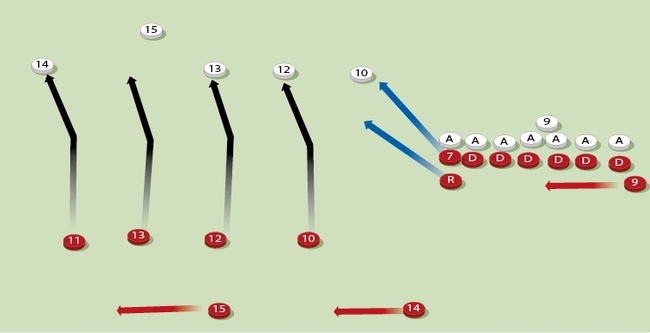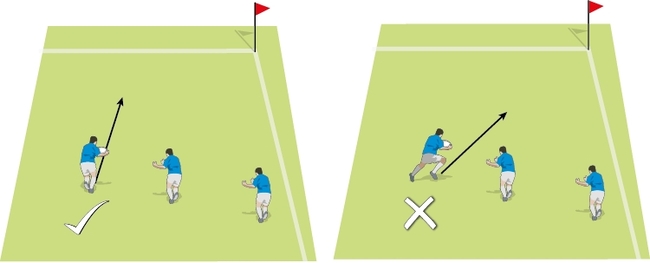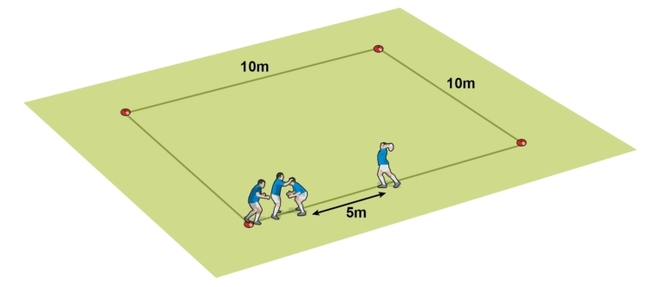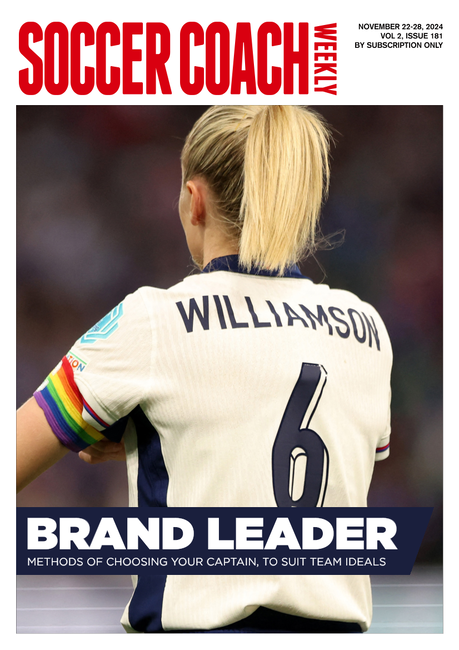A word to the wise: semantics do matter
The language we use is pivotal to our coaching. The words we speak create meaning, shape experiences and form our understanding. In my view, we should not excuse poor usage...
 “It’s just semantics” doesn’t sit right with me.
“It’s just semantics” doesn’t sit right with me.
It was the response I was given when I challenged a coaching colleague on giving more thought to the words we use when talking to players, and one another more generally.
Do the words we use construct the way we feel? Does that influence the way we think? And, ultimately, does that affect the way we behave and act?
Personally, I spend a lot of time thinking very carefully about the words I use when interacting with colleagues and players, both collectively and individually. I want to know what impact the words I use might have on those I interact with.
Below are two examples to consider...
Scenario 1: The ball carrier
More often than not, we will instruct our players that, in certain times and areas of the game, a player’s role is to be a ’ball carrier’.
Now, if we dissect this phrase and focus, specifically, on the use of the word ‘carrier‘, what is this instructing our players to do? What is their role? How does it make them feel?
The majority of players will tell you that their role as a ‘ball carrier’ is to "carry the ball forward into the opposition" and "to act as a battering ram". As coaches, are we happy with that? It could it be argued that this suppresses creativity and decision-making in our players.
Now, if we change the word ‘carrier’ for ‘player’, this might change how it makes our players feel and can influence their thoughts.
I would suggest that those who are called ’ball players’, when questioned about their role, will respond with: "I can pass the ball", "I am a decision maker" or "I am a playmaker”.
All of a sudden, our players feel empowered. They feel they have the responsibility to play what they see, and make decisions based around the information they gather.
They are no longer ‘battering rams’ with a robotic mindset – now, they are free-thinking individuals with the freedom to explore.
Scenario 2: Attack to remove limitation
In warm-ups before games, we typically spend six minutes working through different scenarios on the pitch as a team.
For example, I might say: "Our lineout, on the opposition 10m line – let’s play from there.”
Before one important game, I give the players, as usual, numerous attacking and defending scenarios. However, on this occasion, I decided to experiment.
The scenario set to the players was: “Our line-out, on our 22m line“.
I refrained from using any words along the lines of "exit" or "get out", which is typically what teams do when in this part of the pitch. Instead, I said: “Attacking out.”
As a result, the players decided to attack out from the scenario and played as if they wanted to score. They didn’t play in a particular pattern or structure, with an end goal of someone kicking into touch. Their intentions were clear – attack and score!
Language limitations
It would be unfair (and untrue) for me to say that our use of language is directly responsible for the mindset that our players take into games, week in, week out.
However, I firmly believe that the language we use plays a significant contributing factor in affecting the way we feel, think and act.
As a final thought, I’d encourage you to consider the following:
- What words do we currently use, which in fact, inhibit and restrict our players?
- What words could we substitute them for? How might this change the way our players feel, think and behave?
Related Files
Newsletter Sign Up
Coaches Testimonials

Gerald Kearney, Downtown Las Vegas Soccer Club

Paul Butler, Florida, USA

Rick Shields, Springboro, USA

Tony Green, Pierrefonds Titans, Quebec, Canada
Subscribe Today
Be a more effective, more successful rugby coach
In a recent survey 89% of subscribers said Rugby Coach Weekly makes them more confident, 91% said Rugby Coach Weekly makes them a more effective coach and 93% said Rugby Coach Weekly makes them more inspired.
Get Weekly Inspiration
All the latest techniques and approaches
Rugby Coach Weekly offers proven and easy to use rugby drills, coaching sessions, practice plans, small-sided games, warm-ups, training tips and advice.
We've been at the cutting edge of rugby coaching since we launched in 2005, creating resources for the grassroots youth coach, following best practice from around the world and insights from the professional game.
